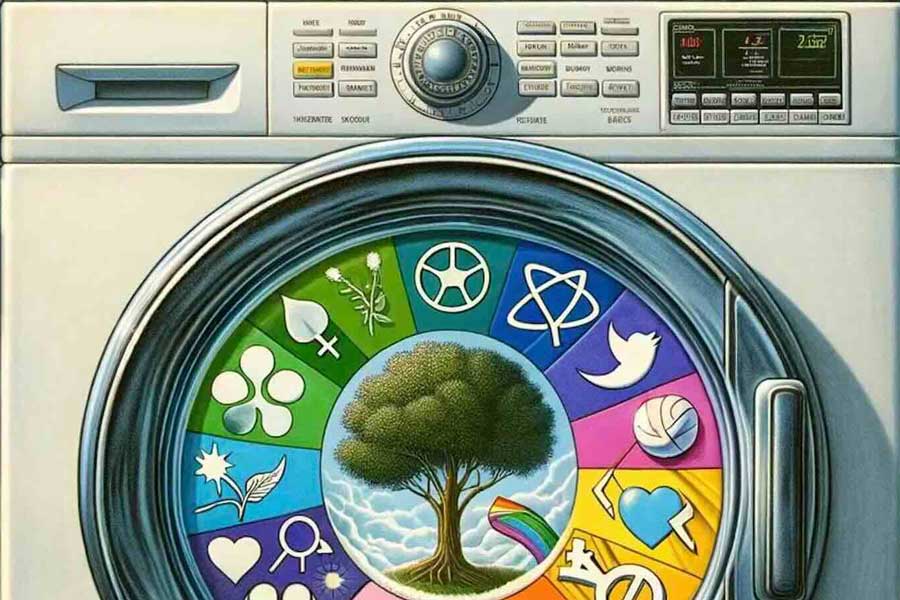ESG and Supply Chain Sustainability: The Critical Questions Businesses Must Address
Can your company confidently answer these essential questions about its supply chain practices?
- Are all suppliers in compliance with existing due diligence laws?
- Can you confirm that none of your suppliers engages in forced labour, child labour, or human rights abuses?
- Are any of your suppliers on government watchlists or under sanctions?
- Are your customers making buying decisions based on ESG issues and corporate social responsibility (CSR) concerns?
As consumer demand for ethically sourced products grows, so does the pressure on businesses to ensure their suppliers meet high standards of ethical sourcing. Let’s explore the key factors driving this shift.
The Impact of High-Profile Supply Chain Abuse Cases
Recent global headlines have uncovered shocking human rights violations in some of the world’s most well-known supply chains, from child labour allegations to unsafe working conditions. These cases highlight the importance of supply chain due diligence and the serious consequences of neglecting ethical practices.
These cases illustrate the urgency for businesses to conduct thorough supply chain audits to prevent such abuses from occurring. Ignoring this responsibility can result in legal repercussions, brand damage, and loss of consumer trust.
New Due Diligence Laws: What They Mean for Your Business
Governments across the globe are enacting stricter laws to ensure corporate social responsibility in the supply chain, with a focus on human rights and environmental protection. Non-compliance with these regulations can lead to severe penalties and reputational damage.
Key Legislation to Watch:
- United States: Uyghur Forced Labor Prevention Act (UFLPA) - This law prohibits goods produced using forced labour from entering the U.S. market, specifically targeting products from China’s Xinjiang Uyghur Autonomous Region.
- Germany: German Supply Chain Act (GSCA) - Effective January 2023, the GSCA requires companies with 3,000 or more employees to ensure their supply chains are free from human rights and environmental abuses. This will expand to companies with 1,000 or more employees by 2024.
- Europe: Corporate Sustainability Due Diligence Directive - The European Union is pushing for stricter corporate responsibility with new rules around human rights and environmental protection in the supply chain.
Compliance with these laws is not optional. Failure to adhere could lead to financial penalties, supply chain disruptions, and a loss of competitive advantage in the global market. Companies must adapt by implementing robust supply chain management systems to ensure due diligence and compliance across their networks.
Consumer Buying Trends: The Shift Toward Ethical Sourcing
Modern consumers are more informed and increasingly making purchasing decisions based on ethical sourcing and sustainability. Research shows a growing preference for brands that prioritize social responsibility and ESG values.
- A 2021 Deloitte study found that 43% of UK consumers choose brands based on their commitment to sustainability, while 34% stop purchasing from brands with ethical concerns.
- In the U.S., similar studies indicate that consumers are more likely to boycott brands involved in ethical controversies.
This trend is particularly strong among millennials and younger demographics, who expect businesses to demonstrate transparency in their supply chains and commit to sustainable practices. A 2020 KPMG study reported that 96% of the world’s top 250 companies now produce annual sustainability reports, showcasing their efforts to meet these consumer expectations.
The Role of Corporate Social Responsibility in Attracting Talent
Strong corporate social responsibility (CSR) policies are not only important for attracting consumers but also for retaining top talent. Research has shown that companies with robust CSR initiatives have higher employee retention rates and are more attractive to potential hires.
- Forbes highlighted that 64% of millennials would refuse a job offer if the employer lacked a strong CSR policy.
- Companies with purpose-driven missions have 40% higher workforce retention than their competitors.
Incorporating ESG principles into your company’s operations can create a positive work environment, improve employee satisfaction, and strengthen brand loyalty.
Why Supplier Due Diligence is Crucial for ESG Compliance
To meet consumer and regulatory expectations, companies must invest in supplier management systems that ensure compliance with ESG and CSR standards. This includes conducting regular restricted party screenings and ensuring transparency throughout the supply chain.
Supplier qualification software is becoming essential for businesses seeking to automate and streamline the compliance process. This technology allows for real-time monitoring of supplier performance and identifies potential risks before they escalate into legal or ethical violations.
The Future of Supply Chain Sustainability
The shift toward supply chain sustainability and ethical sourcing is not a temporary trend—it’s the future of responsible business. As ESG investors, governments, and consumers continue to prioritize these values, companies must ensure they have the systems and processes in place to meet rising standards of transparency and compliance.
By embracing sustainable supply chain management practices, businesses can not only avoid the risks of non-compliance but also position themselves as leaders in ethical sourcing and corporate social responsibility.



